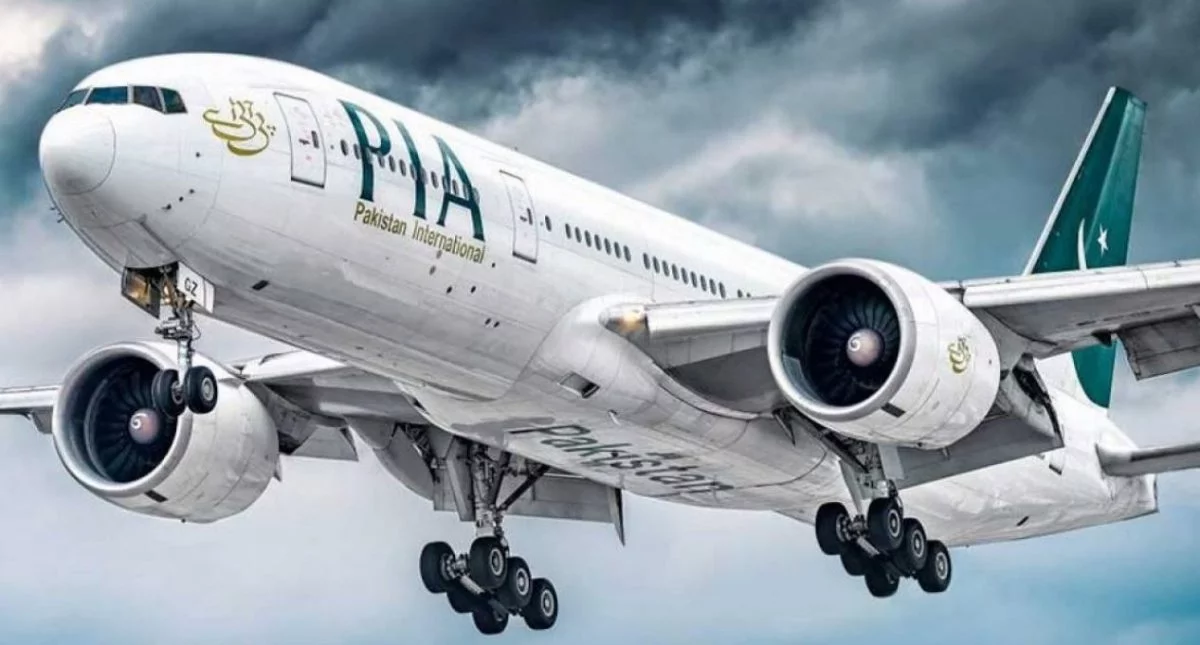
The bidding process for the privatisation of Pakistan International Airlines (PIA) is scheduled to commence in the first week of August, aiming to generate essential funds for the country’s economy.
This decision was announced during a Federal Cabinet meeting chaired by Prime Minister Shehbaz Sharif earlier this week, as reported by Radio Pakistan.
During the meeting, it was highlighted that the privatisation process of the national carrier is underway, with interested companies already conducting site visits across various PIA facilities. “The bidding for PIA will commence in early August,” stated the report.
Another PIA Flight Attendant Disappears in Canada
Prime Minister Shehbaz Sharif emphasized the need to expedite the privatisation process while ensuring utmost transparency. The government aims to sell between 51% to 100% stake in PIA, aligning with reforms encouraged by the International Monetary Fund (IMF).
Historically, previous governments have hesitated to privatise the flag carrier due to anticipated public resistance. However, progressing with the privatisation agenda is seen as crucial for Pakistan to pursue further funding discussions with the IMF, given its current economic challenges.
Earlier disclosures from the Ministry of Privatisation revealed that six companies/consortiums, including Air Blue, Arif Habib Corporation, Blue World City, Fly Jinnah, Pak Ethanol Consortium, and YB Holdings Consortium, have been pre-qualified for participation in the PIA privatisation process.
In Islamabad, Ali Amin Gandapur appeared in court for the audio leak case, leading to…
Manon Bannerman announced on Friday, February 20, her decision to take a hiatus from the…
US President Donald Trump met with Vietnamese leader To Lam at the White House, emphasizing…
In North Waziristan, a young cricketer named Aina Wazir has emerged from captivity after sharing…
MG JW Automobile Pakistan Pvt. Ltd. has announced a landmark collaboration with Wafi Energy Pakistan…
Nigeria's Zamfara State saw violence escalate once again as armed attackers unleashed chaos upon the…
This website uses cookies.